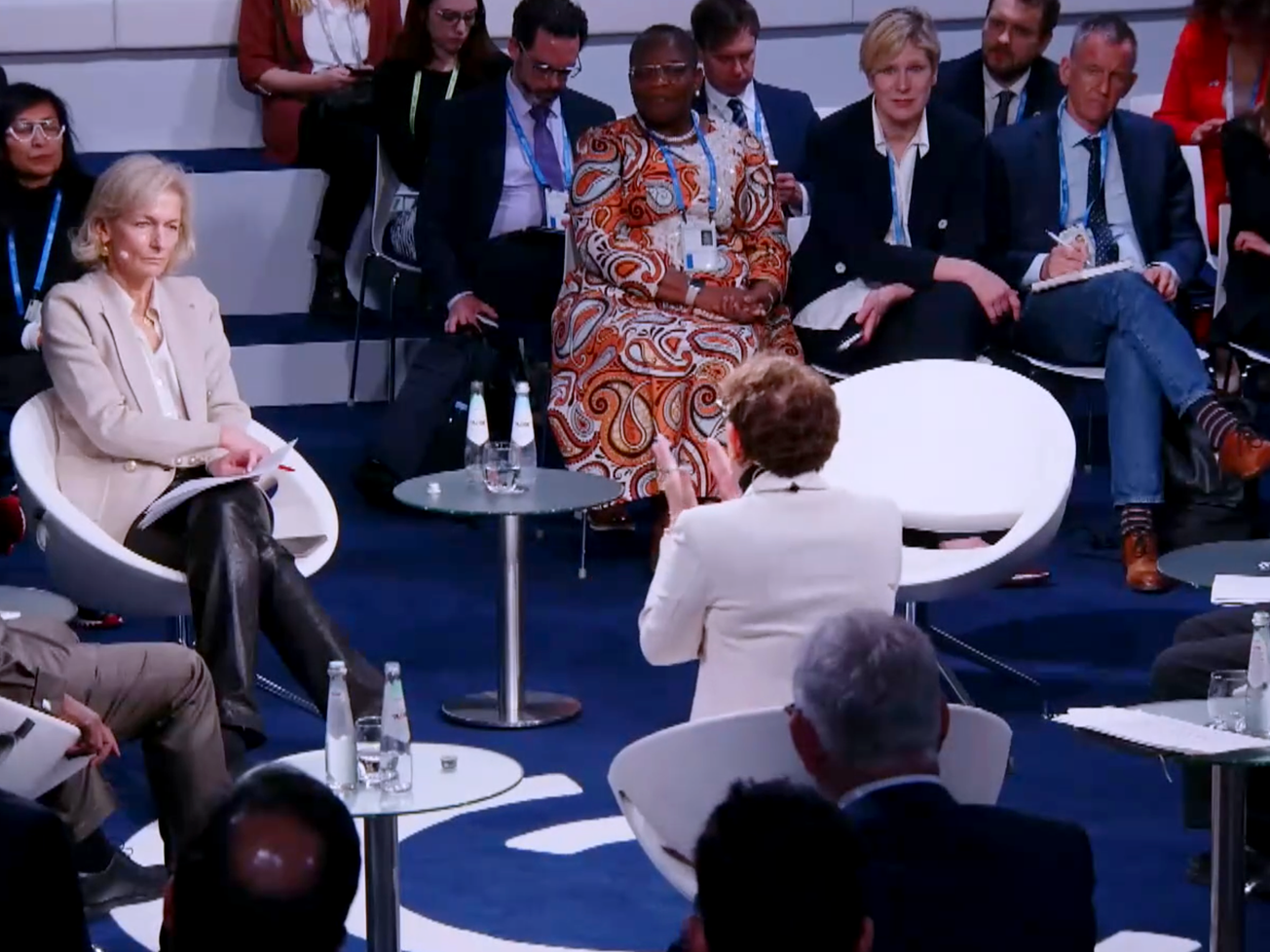UNITED NATIONS (AN) — The formal process of re-electing or replacing U.N. Secretary-General António Guterres began on Friday with a formal request to all of the world body's 193 member nations if they have any candidates to challenge him.
General Assembly President Volkan Bozkir and Britain’s U.N. Ambassador Barbara Woodward, whose nation holds the revolving presidency of the Security Council for February, sent a joint letter to open the nominating process.
"The position of the secretary-general is one of great importance that requires the highest standards of efficiency, competence and integrity, and a firm commitment to the purposes and principles of the Charter of the United Nations," they wrote.
Guterres, whose five-year term as head of the world body ends on December 31, had confirmed in January 11 letters to the heads of the General Assembly and Security Council that he will seek to serve a second term starting next year.
Bozkir and Woodward also wrote that Guterres “indicated his readiness to meet the expectations of the membership regarding transparency and inclusivity with the submission of a vision statement and participation in an informal dialogue with member states.”
A former Portuguese prime minister and U.N. refugee chief, Guterres took on the job at the helm of the United Nations on January 1, 2017, after the assembly elected him to succeed Ban Ki-moon, who served two terms as secretary-general after a long career as a South Korean diplomat, including foreign minister.
I met with @UN Secretary-General @antonioguterres & @UKUN_NewYork Ambassador & President of #UNSC for February, H.E. Dame Barbara Woodward. We discussed ways to enhance coordination efforts to address some of the most pressing global challenges we face. pic.twitter.com/sqwRp2acRa
— UN GA President (@UN_PGA) February 5, 2021
Today I issued a joint letter with #UNSC President @UKUN_NewYork to set in motion the selection and appointment process of the Secretary-General.
— UN GA President (@UN_PGA) February 5, 2021
I am committed to ensuring that the process remains guided by the principles of transparency and inclusivity. https://t.co/yA2rxalFyK
Pledges for a 'very open' process
The Security Council, the world body's most powerful arm, is responsible for recommending a secretary-general, so its five permanent, veto-wielding members — Britain, China, France, Russia and the United States — have outsized influence over that decision. The assembly then votes on that recommendation.
Honduras’ U.N. Ambassador Mary Elizabeth Flores Flake, who ran unsuccessfully for General Assembly president in 2018, sent a letter asking all U.N. member nations to consider putting forth women candidates. Guterres won the 2016 race edging out 12 other candidates, including seven women and five other men.
“I am writing this communication from a place of conviction, where standing for equal rights makes a difference in creating a fair and equitable organization, and opening opportunities for women all over the world,” she said.
In mid-January, Bozkir told a news conference that all candidates, include Guterres, will have to appear separately before the assembly in keeping with its 2015 resolution that sought to improve the transparency and inclusivity of the selection process. Each candidate, said Bozkir, will have to bring with them a "vision statement" and be prepared to speak at length with the assembly's delegates.
"I would make sure that any candidate or the candidates come to the General Assembly for an interactive dialogue meeting and share their vision and explain what they’re going to do during the five-year term in office. And there will be a question and answer part," he told a press conference for journalists based at the U.N.'s headquarters in New York. "I will make sure that this is a fair, inclusive process, very open."







